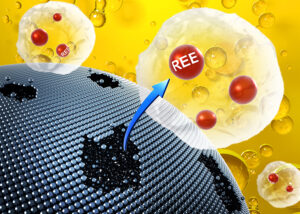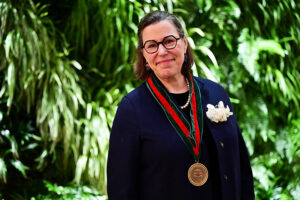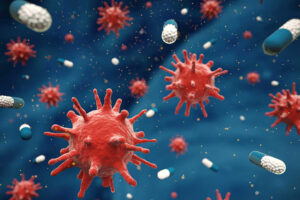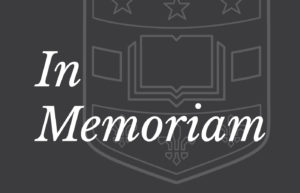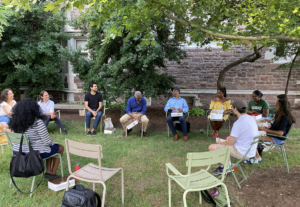Young-Shin Jun, a professor at the McKelvey School of Engineering, and her team are extracting valuable rare earth elements from coal fly ash, a fine, powdery waste product from the combustion of coal. The process is ultimately a path toward reducing and remediating waste products.



